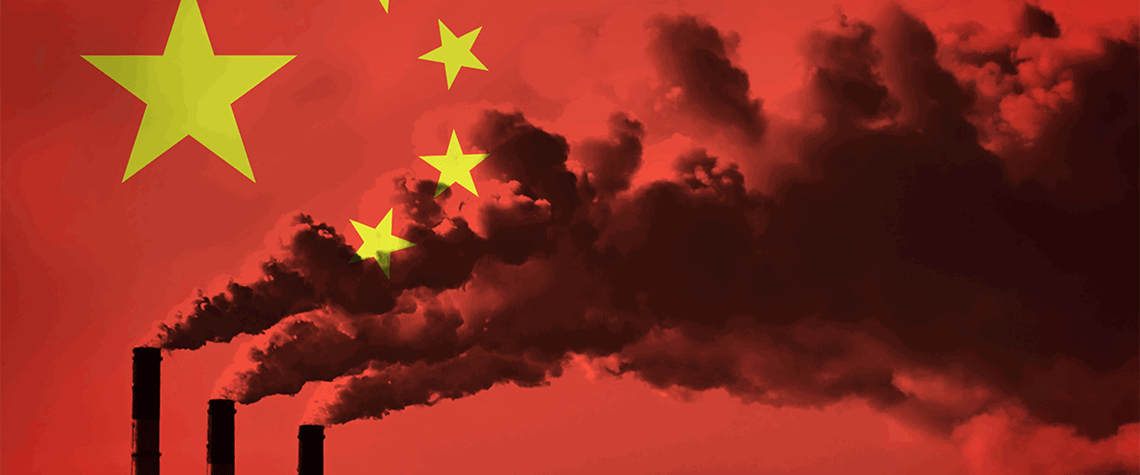China’s emissions trading scheme lacks bite
Overly generous allowance allocations and low prices blunt impact of world’s largest cap-and-trade scheme in its first 18 months
China’s cap-and-trade scheme has so far struggled to make an impact on emissions from domestic thermal power generators—the only sector it covers—because of low prices and overly generous allowance allocations. China’s emissions trading system (ETS) went live in July 2021 after years of delays and six regional pilots in cities including Beijing and Shanghai. It covers 2,162 thermal power plants that each emit at least 26,000t of CO₂/yr. The scheme, overseen by the state-owned Shanghai Environmental and Energy Exchange (SEEE), covers c.4.5bn t/yr of CO₂ emissions, making it the biggest in the world by volume. But transaction value in its first year of operation reached just RMB8.5bn ($1.22bn)

Also in this section
22 July 2025
Sinopec hosts launch of global sharing platform as Beijing looks to draw on international investors and expertise
22 July 2025
Africa’s most populous nation puts cap-and-trade and voluntary markets at the centre of its emerging strategy to achieve net zero by 2060
17 July 2025
Oil and gas companies will face penalties if they fail to reach the EU’s binding CO₂ injection targets for 2030, but they could also risk building underused and unprofitable CCS infrastructure
9 July 2025
Latin American country plans a cap-and-trade system and supports the scale-up of CCS as it prepares to host COP30








